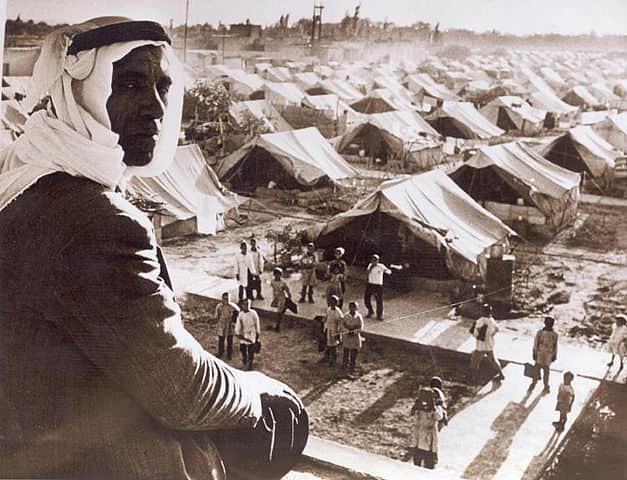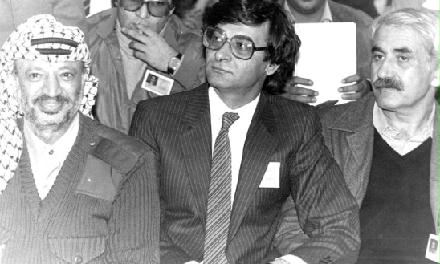Identity Card by Mahmoud Darwish
“Identity Card” by Mahmoud Darwish is about an Arab refugee’s monologue to an Israeli official, who asked him to show his ID card.
Mahmoud Darwish, the Palestinian national poet, was born on 13 March 1941 in al-Birwa village in Northern Israel. During the Arab-Israeli war, Israeli forces drove Darwish’s family from their village and became Palestinian refugees. Darwish started writing poetry from the age of seventeen concerning the suffering of the refugees in the Nakba (Palestinian Catastrophe) and the inevitability of their homecoming. He published his first poetry collection, Asafir bila ajniha – Wingless Birds (1960), at the age of nineteen. Over his lifetime, he published more than thirty poetry collections and eight books of prose.
His widely-known poem “Identity Card” (“Bitaqat huwiyya”) was published in his second collection, Leaves of Olives (1964). This poem features a Palestinian Arab’s frustrations after the Nakba tragedy and their continuous humiliation at the hands of Israeli officials.

“Identity Card” by Mahmoud Darwish is about an Arab refugee’s monologue to an Israeli official, who asked him to show his ID card.

Mahmoud Darwish was regarded as the Palestinian national poet. His poems explore the themes of homeland, suffering, dispossession, and exile.